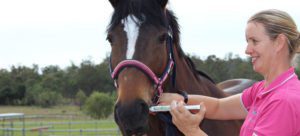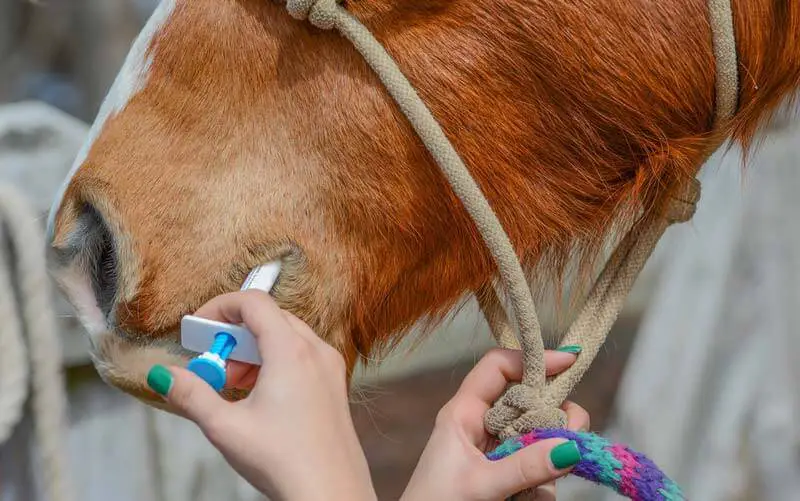
As your horse ages, they will be susceptible to different parasites. Choosing the right wormer means selecting a wormer with the correct active ingredients to counter these burdens. It begins by evaluating their age and circumstances.
Typically, foals are born with very little resistance to worms and are particularly vulnerable to Parascaris equorum, the intestinal roundworm. Whereas cyathostomins, or small strongyles, affect horses of all ages, with more than 54 known species.
Effective worm control is based on targeting the parasites present on your property. To determine which worms are affecting your horse, you should conduct a faecal egg count annually, with the first taking place at six months of age.
Foals and Young Horses
Large roundworms are potentially fatal to foals. If identified on your property, you may need to start worming from one month of age. Macrocyclic lactones (the ML’s) are your best defence against the migrating larvae, followed by Benzimidazole (the BZ’s) at three months to target the adult worms.
Foals should receive at least four parasite treatments in their first year to protect against large worm burdens. By 12-15 months of age, your foal will have developed a strong immunity to roundworms, so your worming program will change to target the next most likely worm burden.
Adult Horses
Cyathostomins are the prevailing parasite affecting horses of all ages. While weanlings and yearlings have less immunity to them, most adult horses can comfortably co-exist with small numbers. However, when large numbers of larvae simultaneously emerge, they cause the disease known as cyathostominosis.
While we can’t eliminate cyathostomins completely, we can significantly reduce the number of larvae present with doses of Moxidectin or Fenbendazole. Targeting the encysted larvae is most successful during times of the year unfavourable to their survival, such as during hot Summers and cold Winters.



